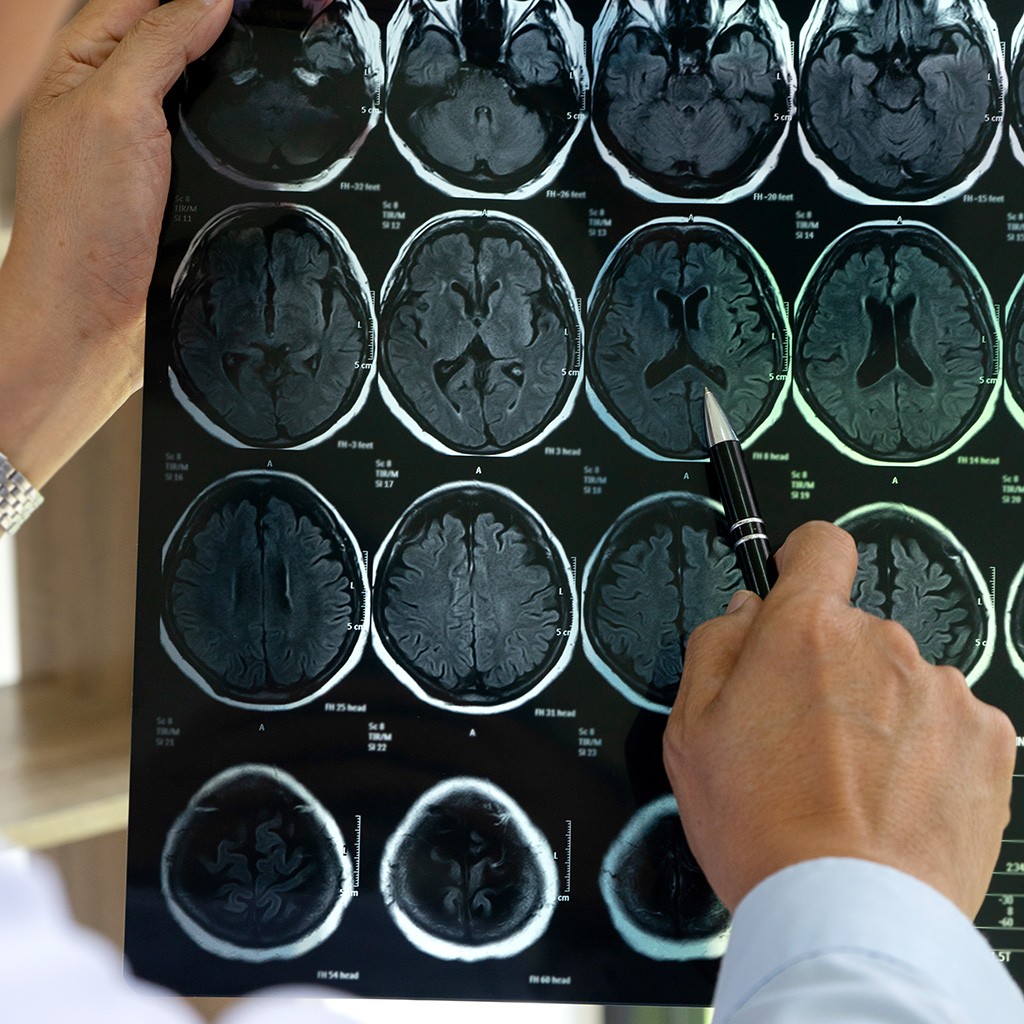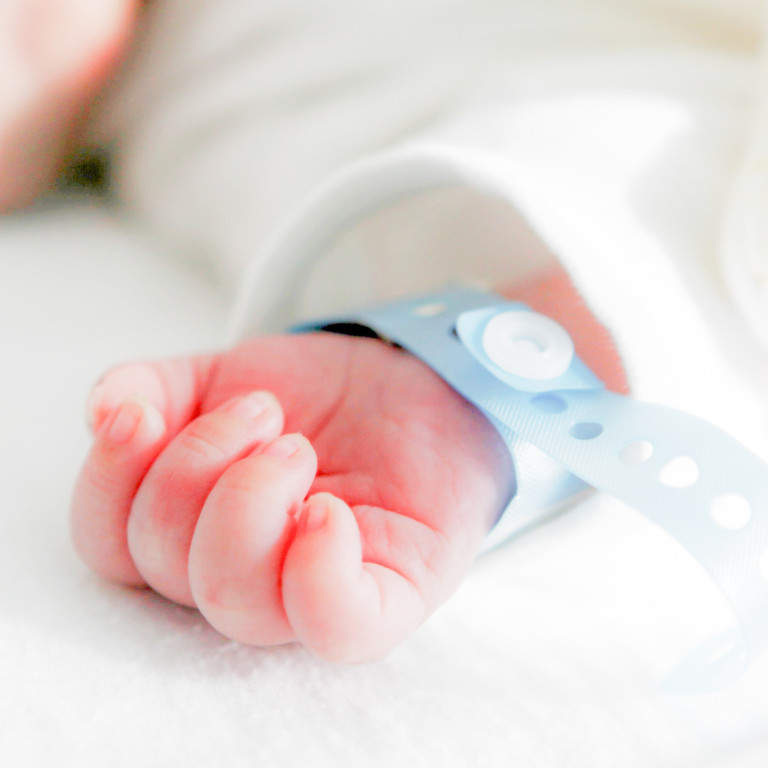What are the typical causes of a brain injury?
A brain injury can be caused by any factor which reduces the critical supply of blood or oxygen to the brain, or which leads to damage of brain tissue.
We act for a large number of clients who have suffered a lack of oxygen to the brain during birth, leading to a diagnosis of cerebral palsy. This often leads to a significant disability where the child has extensive care and accommodation needs, aids, and equipment.
We also see brain injuries arising from a delay in diagnosis of infections such as Group B Strep, Meningitis, or Encephalitis. Helena Campbell within the medical negligence team is an ambassador for the Meningitis Research Foundation and supports families following a diagnosis in their time of crisis and in adjusting to their new life after meningitis. Stuart Bramley is a trustee for Group B Strep Support and provides invaluable support to the charity.
We see clients who have suffered lifelong injuries following a delay in diagnosis of a brain haemorrhage or a tumour, or where the early signs of stroke are missed. This affects the entire family, and we see the impact of both the physical disabilities as well as the associated psychiatric injuries.
We also support clients affected by treatment of hypoglycaemia, severe dehydration, and medication errors.
What can life after a brain injury be like?
With the brain being such a complex part of the body, and because everyone is an individual, every patient is affected in a distinctly different way, but it can have a significant impact and lead to lifestyle changes.
There is a wide range of injuries arising from brain damage, from severe disability to subtle or invisible injury.
This varies from coordination difficulties and problems with mobility, sight, hearing, or learning disabilities, epilepsy, and complications with speech and language. We also see clients having problems swallowing, limited spatial awareness, difficulties sleeping, or problems controlling the bowels and bladder leading to incontinence.
Unfortunately, brain injury can also affect personality, so it may be a case that psychological or psychiatric support is needed. Anxiety is often a very debilitating component.
Why pursue a claim for medical negligence after a brain injury?
Life after a brain injury can feel overwhelming and devastating. Families will be trying to juggle day-to-day life, work, or education, with a sudden need to also provide potentially very high levels of care to a disabled baby, injured child, or significantly impaired adult.
A large element of a medical negligence claim, in addition to compensation for the injury itself, is to cover the cost of the provision of care. This can come in many forms, from professional carers providing support, to live-in carers, or care home costs, in addition to care being provided by the family.
This can help to ensure families are supported and can enjoy normal family life as far as possible, whilst also seeking some relief from providing high levels of care.
Often having a brain injury means that where you lived prior to the injury is no longer appropriate. By pursuing a claim, it may be that costings are included for adaptations, aids, and equipment, or for more appropriate housing altogether.
If clients have suffered a physical disability due to a brain injury, the ability to buy specialist equipment helps, by providing a better quality of life and independence.
Recent brain injury cases
- Endurance Arthur achieved a record settlement of £19.92 million for a 9-year-old girl who suffered cerebral palsy as a result of a mismanaged birth.
- Stuart Bramley and Helena Campbell recently agreed on a liability settlement for a little boy who suffered a delay in treatment of Group B Strep and Meningitis, resulting in a severe brain injury.
- Simon Mansfield has recently agreed on a liability settlement concerning a child who suffered an injury at birth resulting in Cerebral Palsy.
- Clair Hemming and Michelle Beckett achieved a settlement of £17.8 million (lump sum) for a young girl after she suffered brain damage during birth and has cerebral palsy. This is to be paid over her lifetime to support her extensive needs.
How can we help?
Each case is totally unique, and as specialists, and with the support of a large network of medical experts, we will put together an appropriate financial package to provide lifelong support and improve the quality of life of the client and the family around them.
We also work closely with a number of charities and can signpost you for full support after a brain injury.
We're ready to help you make your medical negligence compensation claim today. Contact our specialist solicitors for a free initial chat about your situation and find out how you can get started.





